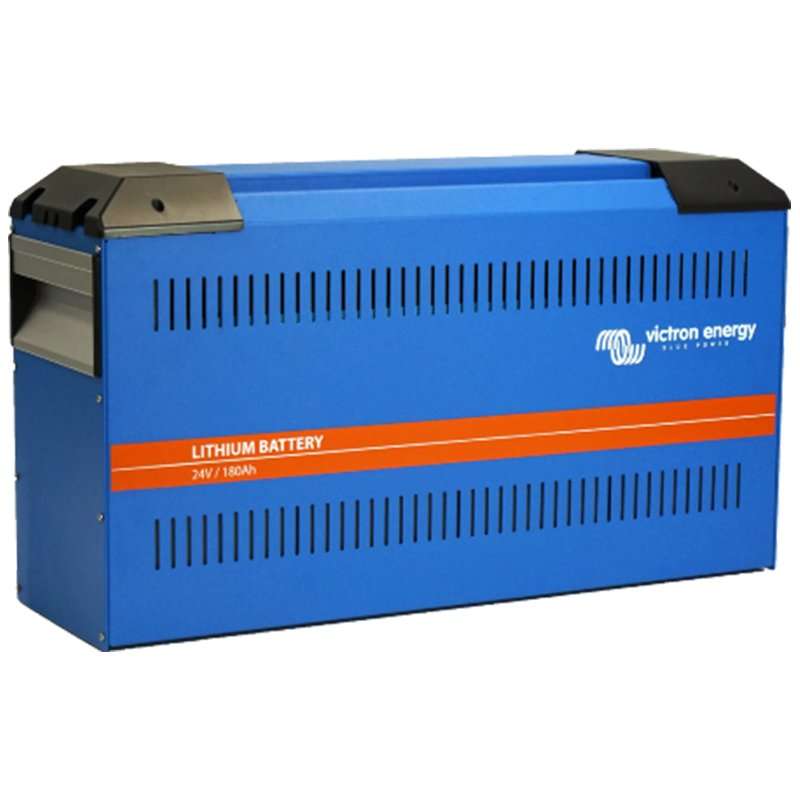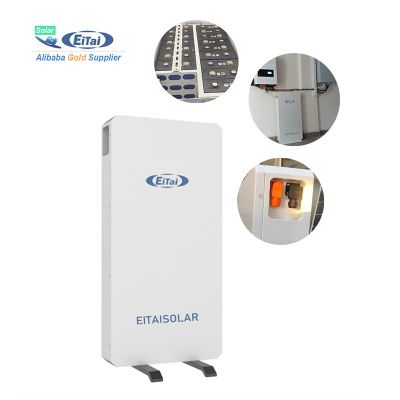
The Lifepo4 Solar Battery – The New Gold Standard for Off-Grid Solar Power
When designing a solar energy system, the battery is the most important component. It is responsible for storing the power generated by the solar panels and providing it when needed.
Canbat makes lithium iron phosphate batteries that are perfect for solar energy applications. They are much safer than lead acid, have a long cycle life and offer a lower per-cycle cost than similar batteries.
High Energy Density
LiFePO4 batteries are the new gold standard for off-grid solar battery power. They are safer, last longer, and can be charged at higher rates than other lithium batteries. They are also more durable, allowing them to tolerate deeper discharges (DoD) than other batteries without degradation. The battery’s lifecycle cost is lower, making it the clear choice for solar energy storage solutions and backup power.
Energy density is a measurement of how much energy the battery can store in relation to its size. It is often referred to in terms of watt-hours per kilogram (Wh/kg). A high energy density is important for solar panels because it allows them to store more power in a smaller package, which can then be used at night or when there is no sunlight.
Lifepo4 batteries have an energy density of 90-160 Wh/kg, which is very high by most standards. This is especially important for solar systems because it enables the batteries to charge faster and more efficiently, which can help to maximise the power output of your solar panels.
At EcoFlow, we use LiFePO4 batteries in all of our portable power stations and solar generators. This is because they are a safe and reliable alternative to lead acid batteries, providing superior lifespan, longevity, and safety. Shop our range of lithium battery packs today to find the perfect fit for your solar energy system.
Fast Charging
A lifepo4 solar battery can accept higher charge currents than lead acid lifepo4 solar battery batteries and recharge quickly. This makes them ideal for solar power systems. They also banish overcharge anxiety. While lead acid batteries can suffer damage if overcharged, lithium batteries have built-in management systems to prevent this.
Lithium solar batteries also offer high energy density. They can store more energy in a smaller volume than lead-acid batteries, which make them ideal for use in electric vehicle conversions and off-grid solar applications.
They can even be charged in freezing temperatures, which is a big advantage for off-grid and RV solar applications. If your DIY solar system uses lithium batteries, be sure to fuse the cables between the charge controller and battery. This is a safety best practice in most solar setups. Refer to your charge controller’s product manual for recommended fuses.
It takes about 3-4 sunny days for a 12V 100Ah lithium battery to be fully charged with solar panels using an MPPT charge controller. However, this can vary quite a bit based on weather conditions and location. It is recommended to consult a charge time calculator for a better estimate. You may also want to consider a lithium-ion battery charger instead of an MPPT charge controller to accelerate the process. A charger that is specifically designed for lithium batteries will ensure proper charging and voltage regulation to avoid overcharging.
Long Lifespan
As batteries are used and recharged, the amount of energy they can store degrades over time. This is why it’s so important to know the battery’s cycle life. It’s a great indicator lifepo4 solar battery of how long the solar battery will last, and a good way to judge its quality.
The number of cycles a battery can go through is dependent on the type of solar battery, and the depth of discharge (DoD). For example, lithium iron phosphate batteries like those found in EcoFlow DELTA Pro and Power Kits can typically go through 6500 cycles before they show a significant decrease in performance.
Lead-acid and ternary batteries, on the other hand, can only reach around 1500 – 3000 cycles. The lifespan of a solar battery also depends on the storage temperature. Excessive heat can cause the internal chemical reactions in batteries to accelerate, draining them faster. This is why it’s so important for solar batteries to be stored at an optimal temperature.
Luckily, the lithium-ion batteries used in modern residential solar power systems have much longer cycle lives than traditional lead acid batteries. And with the right care and installation, they can last up to 15 years.
Multi-Device
Because they can withstand multiple discharge cycles and have an impressive energy density ratio, lifepo4 solar batteries are suitable for a wide variety of applications. For example, they are often used to power off-grid solar systems, electric vehicle conversions, and portable electronics like laptops and Bluetooth speakers. They are also a popular option for marine use, as they can withstand harsh environments and deliver high-power capacity in a lightweight package.
Additionally, the lithium ion technology used in these batteries makes them more durable than lead-acid batteries. This means that they can be charged and discharged more frequently without losing their usable capacity, which gives them an edge over other rechargeable battery types.
Moreover, BSLBATT solar wall batteries are compatible with a variety of inverters. The advanced BMS recognizes different inverter communication protocols and automatically adjusts the battery settings. This ensures a seamless integration between your home battery system and the inverter that you choose.
When setting up a DIY solar storage system with lithium batteries, make sure you follow the recommended connection order for your particular charge controller. Generally, it’s best to connect the solar panel and the battery first. However, if your charge controller has an SAE input port and a MC4 output port, you may need an adapter cable to match their polarity. Please check your charge controller manual for more information.


